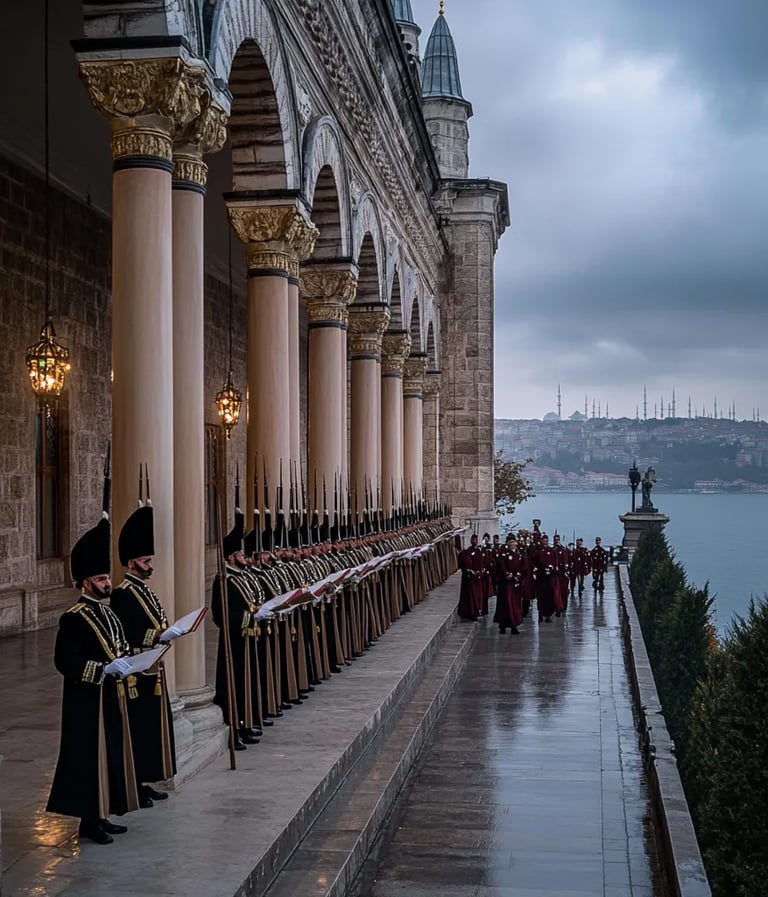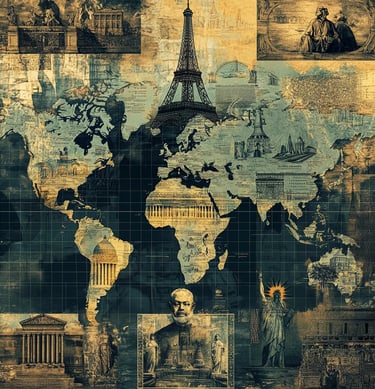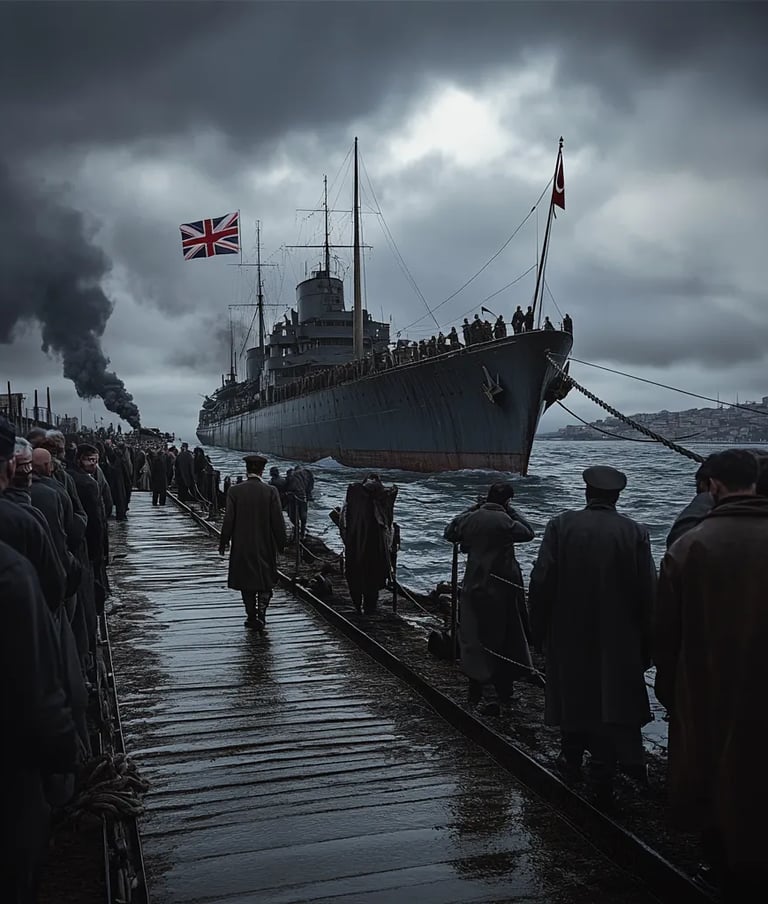In one of medieval England’s darkest episodes, authorities arrested 680 Jews on charges of coin clipping—accused of tampering with royal currency. Of those, 293 were hanged. Whether guilty or scapegoated, the mass execution reflected the deep-rooted anti-Semitism of the time. It marked a chilling prelude to the eventual expulsion of Jews from England, underscoring how politics, finance, and prejudice could violently converge.


1278 – 680 Jews Arrested in England, 293 Hanged for Alleged Coin Clipping
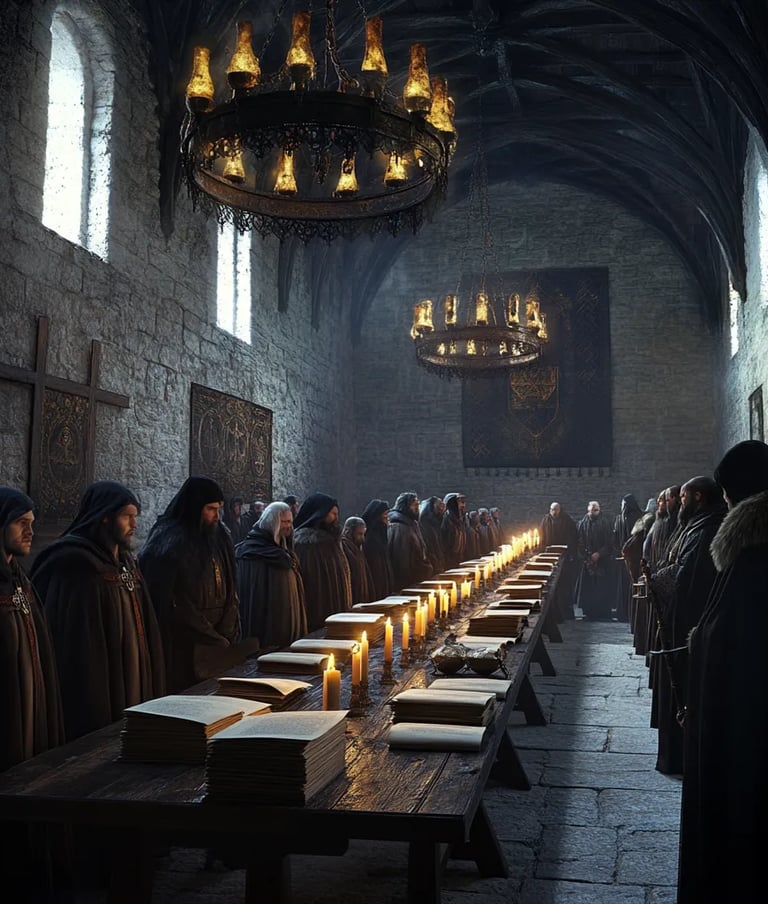



On November 17th, the Suez Canal officially opened, creating a direct maritime link between the Mediterranean Sea and the Red Sea. The engineering marvel slashed travel time between Europe and Asia, altering global trade forever. Egypt became a strategic focal point for empires, while the canal itself emerged as a symbol of both technological achievement and colonial ambition.
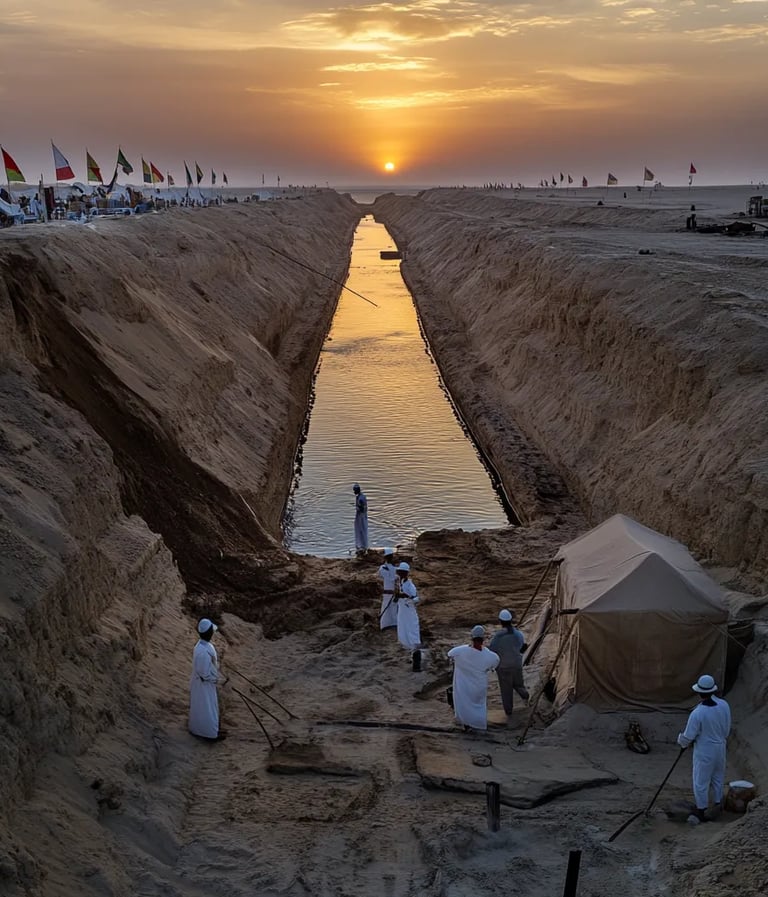

1869 – Suez Canal in Egypt Opens, Linking Two Seas and Changing the World
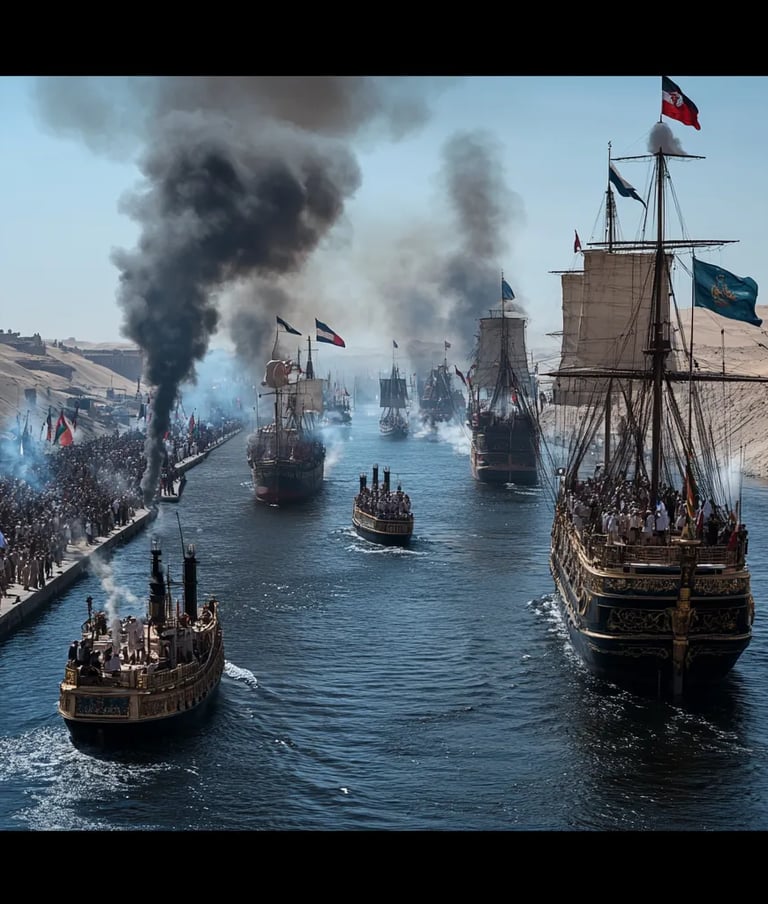



This day marked the official unification of Buda, Pest, and Óbuda into a single city: Budapest. Strategically located along the Danube River, the new capital of Hungary quickly grew into a thriving cultural and political hub. The merger transformed two historical rivals into one of Europe’s great cities, known for its stunning architecture, thermal baths, and vibrant intellectual life.
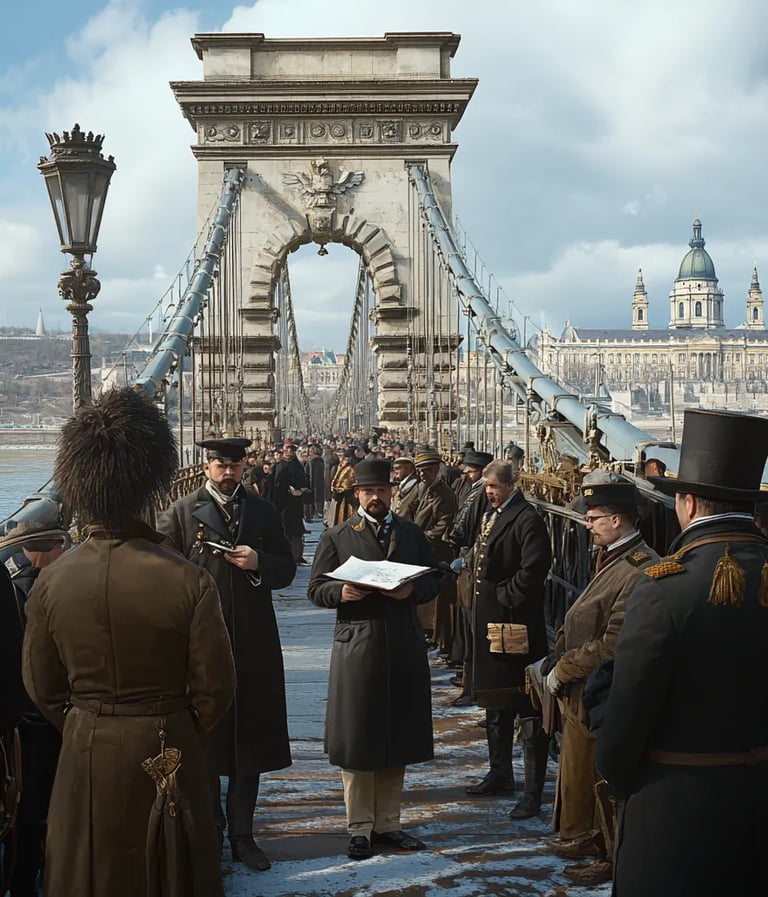

1873 – Rival Cities of Buda & Pest Unite to Form the Capital of Hungary




During the second round of a prizefight, boxing legend John L. Sullivan was arrested by police for what they deemed "cruelty." At the time, bare-knuckle boxing existed in legal gray areas. This bizarre interruption added to Sullivan’s mythos as a rebellious figure in sports history and highlighted ongoing tensions between public entertainment, law enforcement, and shifting moral standards of the era.


1884 – Cops Arrest Boxer John L. Sullivan Mid-Fight for Being “Cruel”




On November 17th, Sultan Mehmed VI boarded a British warship and left Istanbul for exile in Malta, officially ending over 600 years of Ottoman rule. The caliphate was abolished soon after. His departure marked the collapse of an empire that had once stretched across three continents, and it cleared the way for the birth of modern secular Turkey under Mustafa Kemal Atatürk.
